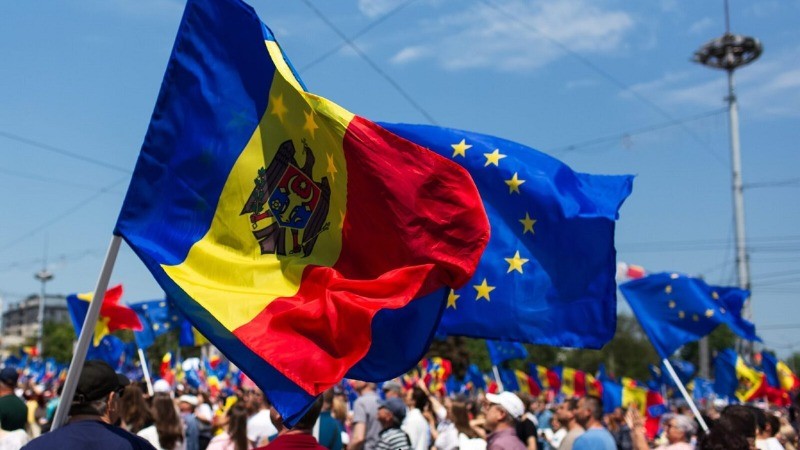
On October 20, Moldova will hold a presidential election alongside a pivotal referendum on joining the European Union. The pro-Western president, Maia Sandu, is vying for a second term in this important political event.
The Current Political Landscape
Moldova, a small republic in Southeast Europe with a population of under 3 million, lies between Romania and Ukraine. It features a majority of Romanian speakers and a significant Russian-speaking minority. Since gaining independence from the Soviet Union, Moldova has shifted between pro-Western and pro-Russian governance.
Since Sandu took office in 2020, the pro-Western coalition has been dominant, with her party securing a parliamentary majority in 2021. Sandu’s administration is committed to closer ties with the West, aiming for EU membership by 2030. She has been a vocal opponent of Russia's invasion of Ukraine in 2022 and has accused Moscow of attempting to destabilize her government.
The conflict in Ukraine has severely impacted Moldova’s energy supply, particularly its reliance on Russian natural gas, leading to high inflation and prompting the government to explore alternative energy sources. Additionally, Russia maintains nearly 1,500 troops in Transdnistria, a pro-Russian separatist region that broke away from Moldova in the 1990s.
Voting on October 20
The first round of the presidential election will take place on October 20. If no candidate secures more than 50% of the votes, a run-off will occur on November 3. Voters will also decide whether to enshrine EU membership as a strategic goal in Moldova’s constitution through the referendum.
Poll Predictions
Recent polling by CBS-AXA indicates Sandu has 36.1% support, significantly ahead of her closest rivals. Alexandr Stoianoglo, a former prosecutor backed by the pro-Russian Party of Socialists, holds 10.1%, while Renato Usatii, a former mayor of Balti, has 7.5%. Notably, 63% of respondents support EU membership.
Implications of the Election
While the possibility of a second round exists, Sandu is likely to secure a new term and continue her pro-Western policies, implementing reforms and attracting Western financing. However, a lackluster performance could weaken her Party of Action and Solidarity, putting its parliamentary majority at risk in next year’s elections.
Critics claim the referendum is a tactic to bolster Sandu's campaign. Some candidates who nominally support EU membership are urging voters to boycott or oppose the referendum. A “No” vote would be detrimental to Sandu’s political standing but would not have binding consequences.
Russian Influence and Allegations
The Moldovan government has recently condemned alleged Russian interference in its political processes. Moscow, in turn, accuses Sandu’s administration of promoting anti-Russian sentiments.
On October 4, police reported that criminal groups with ties to Russia aimed to disrupt the electoral process, with plans that could include attempts to seize state institutions. This month, the national police chief alleged that Moscow funneled $15 million through exiled pro-Russian businessman Ilan Shor to bribe Moldovans against the referendum and in favor of pro-Russian candidates. Shor has claimed the funds come from his business ventures and not from Russia, asserting that he is not engaging in bribery.